UN investigators decry patterns of grave violations in Sudan
A team of UN investigators said Tuesday they had met in Chad with victims of violence in Sudan's brutal civil war and had documented "disturbing patterns" of grave abuses.
The recently established UN Independent International Fact-Finding Mission on the situation in Sudan said it had spent three weeks in Chad meeting with survivors of the conflict in Sudan, members of Sudanese civil society and other observers.
The people they spoke to had detailed firsthand accounts of "horrific acts of killings, sexual violence, including gang rape", the team said in a statement.
"These brutal acts must stop and the perpetrators must be brought to justice," mission member Mona Rishmawi said.
The fact-finding mission, which was created by the UN Human Rights Council late last year to investigate alleged abuses in the conflict, also described "arbitrary detention, torture (and) enforced disappearances".
It had also heard of "looting, the burning of houses, and the use of child soldiers", it said.
The investigators said that many of the violations appeared to be particularly targeted against professionals such as lawyers, rights defenders, teachers, and doctors.
"Forced displacement was a common feature."
War has raged in the northeast African country for more than a year between the regular military under army chief Abdel Fattah al-Burhan and the paramilitary Rapid Support Forces (RSF) led by his former deputy Mohamed Hamdan Daglo.
Both sides have been accused of war crimes, including deliberately targeting civilians, indiscriminate shelling of residential areas and blocking humanitarian aid as famine threatens.
The war, which began in April 2023, has resulted in tens of thousands of deaths and uprooted more than 10 million people inside the country while two million more have fled across borders, according to the UN.
More than 600,000 of those have made their way to Chad.
The independent experts, who do not speak on behalf of the United Nations, called on the international community to urgently step up efforts to end the conflict.
"This crisis requires the support of the international community as a whole," said mission chair Mohamed Chande Othman.
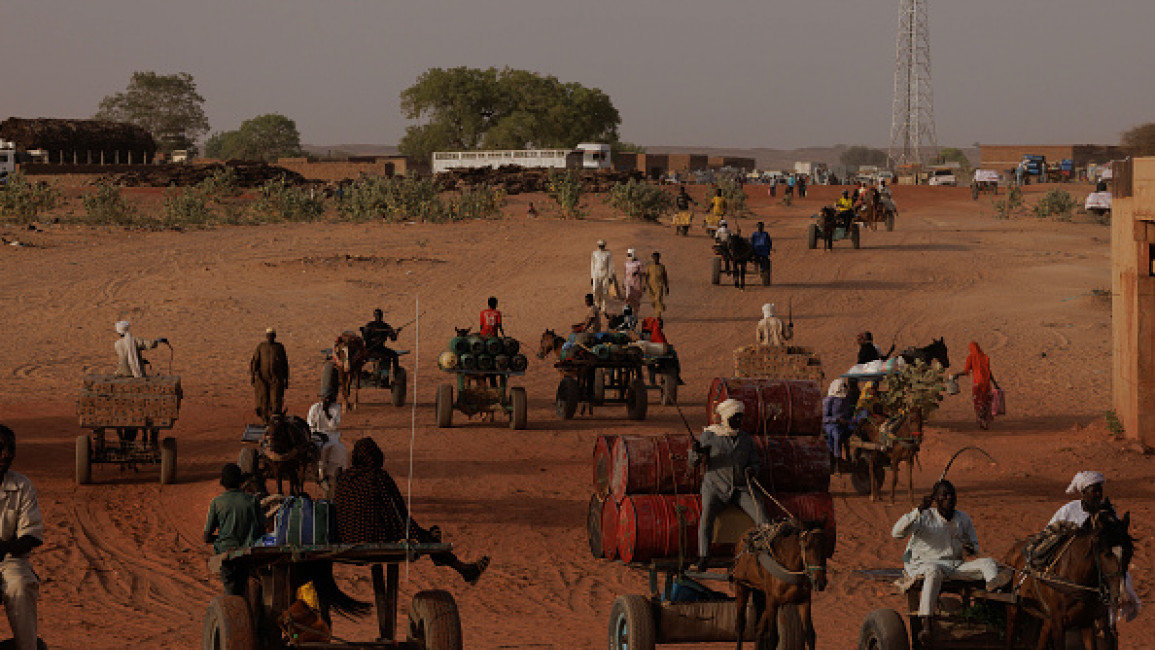
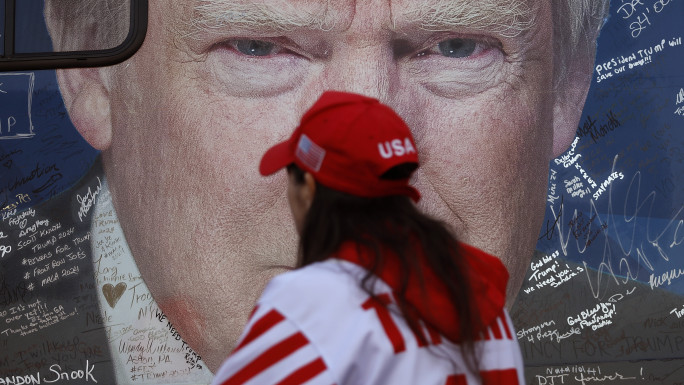
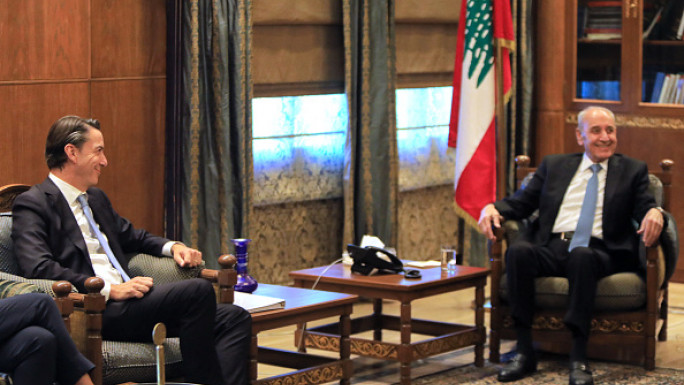
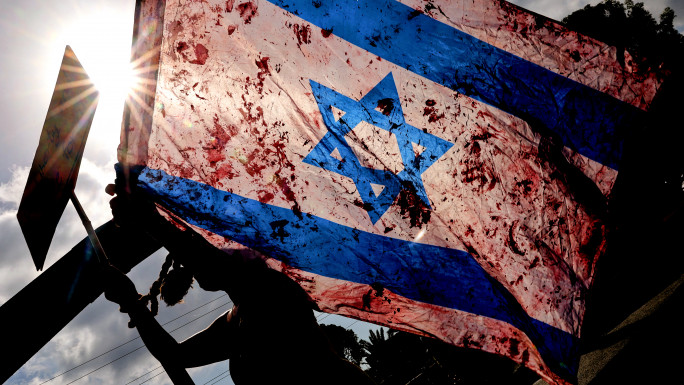
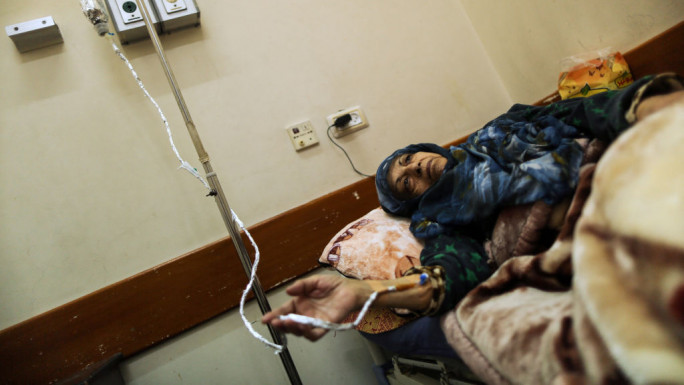
 Follow the Middle East's top stories in English at The New Arab on Google News
Follow the Middle East's top stories in English at The New Arab on Google News
![John Thune [Getty]](/sites/default/files/styles/image_330x185/public/2066760536.jpeg?h=a5f2f23a&itok=DQxzSizV)
![A picture shows the occupied West Bank village of al-Eizariya behind Israel's Apartheid wall on the outskirts of East Jerusalem [Getty Images]](/sites/default/files/styles/image_330x185/public/2022-11/GettyImages-1200150515.jpg?h=eec5a94e&itok=Q0NIO_eW)
![The op-ed used spurious Biblical justifications to lay claim to the southern Lebanese city of Sidon [Getty]](/sites/default/files/styles/image_330x185/public/2024-11/GettyImages-149261870.jpg?h=69f2b9d0&itok=d2wjWSis)